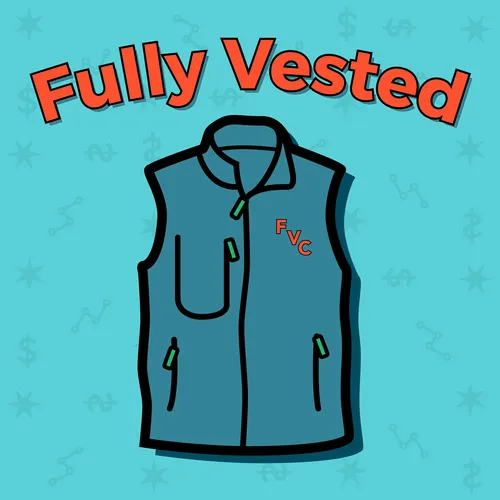In Short, We Like the Show!
- Author
- Graham C. Peck, Jason D. Rowley
- Published
- Tue 02 Mar 2021
- Episode Link
- https://fullyvested.co/episodes/033-in-short-we-like-the-show-YDLN8GcS
General
Subscribe to Fully Vested at FullyVested.co or through your podcast app of choice.
Topic: Valuations of Public Markets and the Recent Short Squeeze of Gamestop and Others
A note from your hosts
Neither of us are registered financial professionals and all information discussed on Fully Vested is the personal opinions and interpretations of the hosts, and should not be taken as financial advice.
We as hosts are speaking from the perspective gained from information that is publicly available at the time of recording.
What is going on with GameStop?
TLDR:
- WallStreetBets (WSB) is a group on community platform site Reddit. WSB is an irreverent, often profane community of folks sharing stock tips, self-styled due diligence analysis, and screenshots of their brokerage accounts.
- Users of WSB noticed that shares in GameStop – a brick-and-mortar video game retailer which found itself on the wrong end of several trends (digitization of game purchasing, decline of physical retail, pandemic stress, etc.) – were sold short at a ratio of 140% of the float.
- Users started buying up positions in GameStop, driving up the price over 8,100 percent over a 1-year period (based on the closing price of $325.00 on January 29, 2020), causing a partial short squeeze.
- Meanwhile, several online brokerages – most notably Robinhood – limited trading activity on GameStop and several other stocks which the WSB community have been buying. Some assert a conspiracy between Robinhood and its order clearinghouse/counterparties drove the limits (which included temporarily blocking buy orders while allowing sell orders to go through, before simply placing limits on the number of shares which can be purchased). Robinhood asserts that it was simply trying to met requirements set by its clearinghouse and financial regulators.
- The fallout so far:
- On February 1, Robinhood announced it had raised an additional $3.4B in capital led by late-stage finch firm Ribbit Capital, with participation from existing investors including ICONIQ Capital, Andreessen Horowitz, Sequoia, Index Ventures, and NEA. That figure includes $1B in equity financing announced on January 29th. On January 28th, Bloomberg reported that Robinhood had drawn down "at least several hundred million dollars" from credit lines to meet liquidity requirements.
- Melvin Capital, one of the largest short sellers in GameStop, lost 53% in January, and took in additional capital from Citadel and other investors.
Some good links:
- GameStop Short Squeeze (Wikipedia)
- Game. Stop. (Ranjan Roy in The Margins)
- Reddit, the Elites and the Dream of GameStop ‘To the Moon’ (Noah Kulwin in the Opinion section of the New York Times on Jan. 28, 2021)
- Bots hyped up GameStop on major social media platforms, analysis finds(Michelle Price covering a report from PiiQ Media for Reuters on February 26, 2020)
- GameStop’s New Mission: Level Up to Its Lofty Share Price (Sarah E. Needleman and Nina Trentmann for the Wall Street Journal)
About The Co-Hosts
- Jason D. Rowley is a researcher and writer at Golden.com. He volunteers with startup outreach for the open-source community and sends occasional newsletters from Rowley.Report.
- Graham C. Peck is a Venture Partner with Cultivation Capital and additionally helps companies build technology development teams in partnership with Brightgrove and other technology development organizations.
